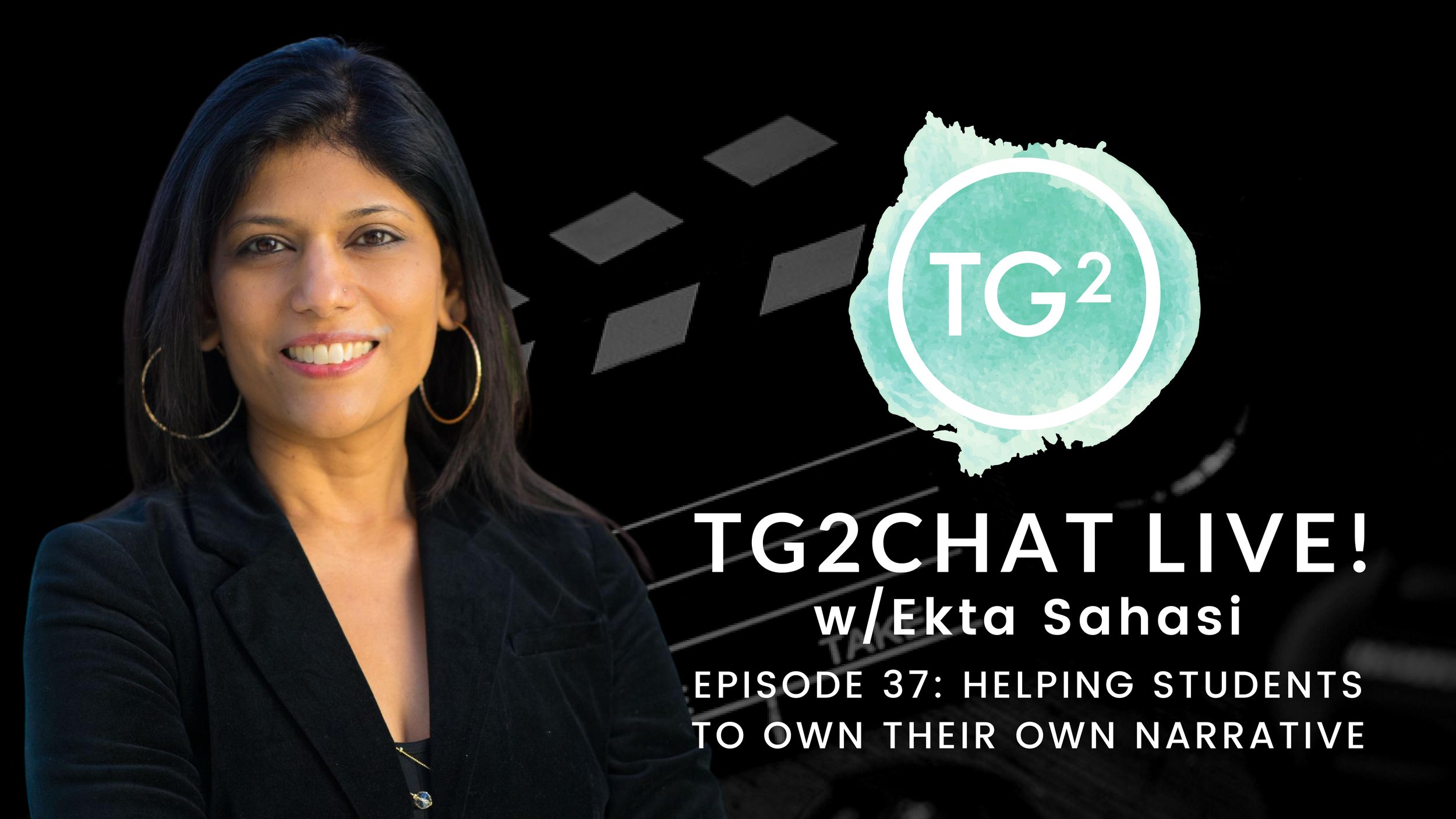Leveling up w/Fabiola Torres
Arthur Chiaravalli interviews Fabiola Torres, an online Ethnic Studies professor and Certified Faculty Developer at Glendale Community College. During the pandemic, she's led nationwide workshops and courses on applying equity-minded methods such as culturally responsive teaching in the online environment, humanizing online teaching and learning and ungrading practices.
We Need to Talk About Standards-based Grading
While standards-based grading purports to put the focus squarely on learning, practitioners have noted how this is not always the reality. Arthur Chiaravalli points out the ways that SBG “has at times become a stumbling block, frustrating attempts to foster cooperation, accommodate complexity, and respond to the urgent issues of our day.”
Telling the Whole Story w/Nate Bowling
Nate Bowling teaches Social Studies at a US Embassy School in Abu Dhabi in the United Arab Emirates. He is a past Washington State Teacher of the Year and National Teacher of the Year Finalist. He and his wife blog about living and teaching overseas at BowlingsAbroad.com and he is the host of the Nerd Farmer Podcast.
Taking Grades Off the Table w/Vanessa Ellis
Vanessa is an 8th-grade social studies teacher at Veterans Memorial Middle School in Columbus, Georgia. In 2017, Vanessa was named a Georgia Economics Teacher of the Year. This year, she officially joined our team here at TG2 and is currently one of ten finalists for Georgia Teacher of the Year. She resides in Midland, Georgia, with her husband and three children.
Can Standards-based Grading Grade Less?
Most would consider standards-based grading part of the gradeless continuum. But it has been easier to help people grade less in a traditionally graded system than in a standards-based one. Finding ways to address the ways in which SBG can become unmanageable is well worth our collective efforts.
Hover-free Teaching w/Miriam Plotinsky
Miriam Plotinsky, author of Teach More, Hover Less, breaks down hover-free teaching, showing how teachers can free themselves from helicopter habits and allow students greater control of their own learning, while still maximizing learning.
Helping Students Own Their Own Narrative w/Ekta Sahasi
Ekta Sahasi is the founder of spikeview, a global pre-professional portfolio platform for students and young adults. She is reinventing how Gen-Z represent themselves online, build meaningful networks, and forge a pathway to success.
Care at the Core w/Sherri Spelic
Sherri Spelic, an elementary physical education teacher at American International School Vienna, shares her experiences and reflections on assessment, as well as how we can create more inclusive, responsive spaces in our classrooms.
Notch Up Your Nitpicking with Replace/With Pairs
In my nitpicking, I spent far too much time bogged down in reiterating past teaching. In my marginal notes and technology-enhanced comments, I was giving a low-quality version of the lesson I’d given weeks earlier. I needed to notch up my nitpicking.
Inclusive Assessment w/Natalie Vardabasso
Arthur Chiaravalli interviews Natalie Vardabasso, an instructional design and assessment specialist at Calgary Academy, a special education private school in Alberta, Canada. She is the host of the #EduCrush podcast and is a passionate advocate learning spaces that are inclusive of all students.
Wad-Ja-Get? w/Barry Fishman
Arthur Chiaravalli interviews Barry Fishman, professor of Learning Technologies in the University of Michigan School of Information and School of Education. Barry pens the new introduction to the 50th-anniversary edition of Wad-Ja-Get, one of the earliest critical examinations of the effects of grading on student attitudes toward learning.
What’s It Going to Take for Us to Dump the Tests?
As schools reconvened on Thursday, January 7, many teachers faced two tasks: helping students make sense of yet another traumatizing “day after”—and getting them prepared for end-of-semester tests.












